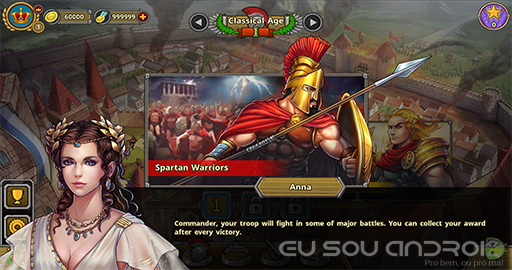

On Putin’s side, he may still expect Europe’s unity to crumble and try to force Ukraine to lower its minimum demands, especially if he can freeze them over the winter as a result of the lack of Russian natural gas. Both sides still have plans and ideas to test before their expectations are likely to converge. I still expect the war to last at least another year, maybe two. Neither is likely to speed up a cease-fire.What do you make of Putin’s calls for a cease-fire? Do the latest sham referenda in the Kherson and Zaporizhzhia regions in the south, and in the pro-Russian, separatist “republics” in Luhansk and Donetsk in eastern Ukraine make a faster end to the war more likely? What happened was a change in expectations. So, you have this weird case where militarily Egypt lost, and still, the Egyptians got a better deal in the end, which was clearly not a military outcome. They showed themselves a lot more competent than the Israelis had thought after 1967. You ask-how is that possible? Well, it’s because the Egyptian army showed that they were able to cross the Suez Canal and with it all the booby traps and barricades that Israel had built on the Suez Canal. The attacking Egyptian army was drastically defeated by the Israelis. You could sustain a military defeat and still get a better deal.Ī good example is the Yom Kippur War of 1974. Only if something unexpected happened, would I change my expectations and my strategy. Because if I fight a war or battle with you and do poorly-but expected to do poorly in the hopes that the next battle will go better for me-then I’m not going to change my war game. A change in expectations is often more important than a single battle or campaign victory. But that’s not the right way to look at it. Goemans: Most people think that if you win a battle or a campaign, peace becomes more likely because the other side is defeated, and they recognize that they are defeated, which makes them more willing to make a deal. A change in expectations is often more important than a single battle or campaign victory.How do expectations affect war strategy and the likelihood of peace? While the terms may have shifted in Ukraine’s favor, both parties may well be as far apart as they had been before. If that is true, the key point to realize is that the gap between the minimal demands may not have decreased at all. On the other hand, Ukraine has perhaps become more optimistic. You need the opponents to change their mind. But you don’t just kill the enemy and that’s that. Russia, I think, has become more pessimistic about getting its original war aims fulfilled. The proof is in the conscription of 300,000 more Russian men, some reportedly without any military training or experience. And in this case, clearly Russian expectations of a swift victory have changed. Instead, what matters most is whether and how expectations on both sides change. Individual victories or defeats in a specific battle are often mistakenly read as indicating a change in the likelihood of war termination. Goemans: No, it’s not the beginning of the end, but it was unexpected. While unexpected, this Ukrainian battle victory is not the beginning of the end of the war.Is that possibly signaling the end of the war? Russian forces hastily retreated in mid-September from Ukraine’s Kharkiv region, in the northeast.


Ukraine war update: Q&A with Hein Goemans That’s for domestic consumption in Russia he’s just posturing.” “He’ll propose a deal that the Ukrainians or the West cannot accept and the Ukrainians will propose a deal that he cannot accept.

Likewise, Putin’s sham referenda in occupied territories and his calls for a cease-fire do not make peace now any more likely, according to Goemans. Only if something unexpected happens, would I change my expectations and my strategy.” “If I fight a war with you and do poorly-but expected to do poorly in the hopes that the next battle will go better for me-then I’m not going to change my war aims. “Most people believe that if one side wins a battle or a campaign, peace becomes more likely,” says Goemans, author of War and Punishment: The Causes of War Termination and the First World War (Princeton University Press, 2000) and coauthor of Leaders and International Conflict (Cambridge University Press, 2011).īut that’s not true. He says the hasty withdrawal of Russian troops from northeastern Ukraine is by no means signaling the last stretch of the war. “If Russia wins, it will be a different Europe afterward.” If Russia loses, or it doesn’t get what it wants, it will be a different Russia afterward,” Hein Goemans tells the New Yorker. “This will shape the rest of the twenty-first century.


 0 kommentar(er)
0 kommentar(er)
